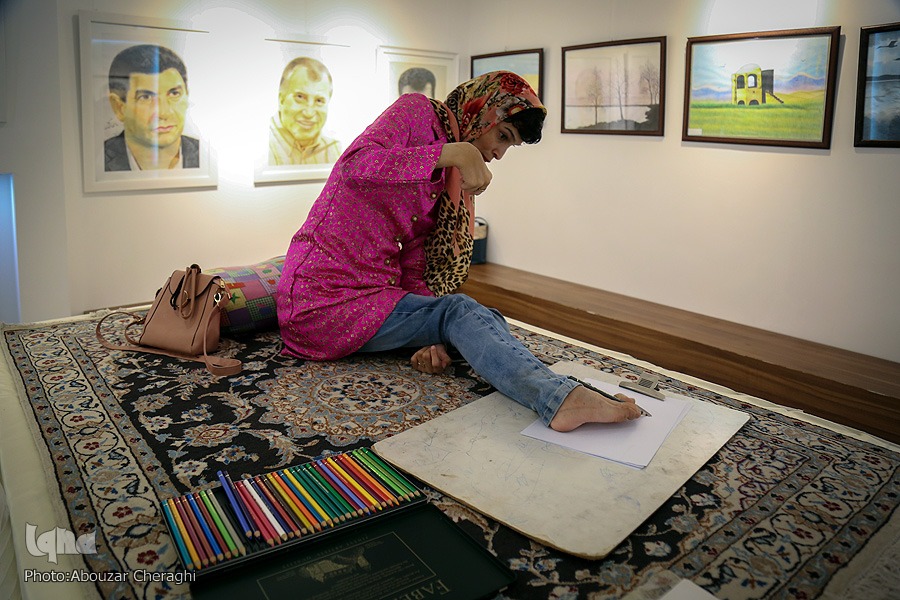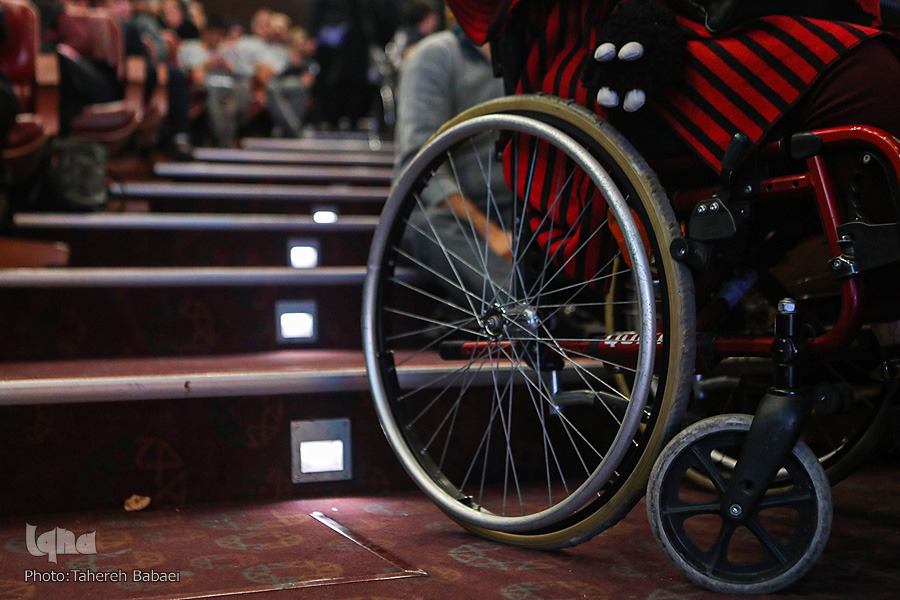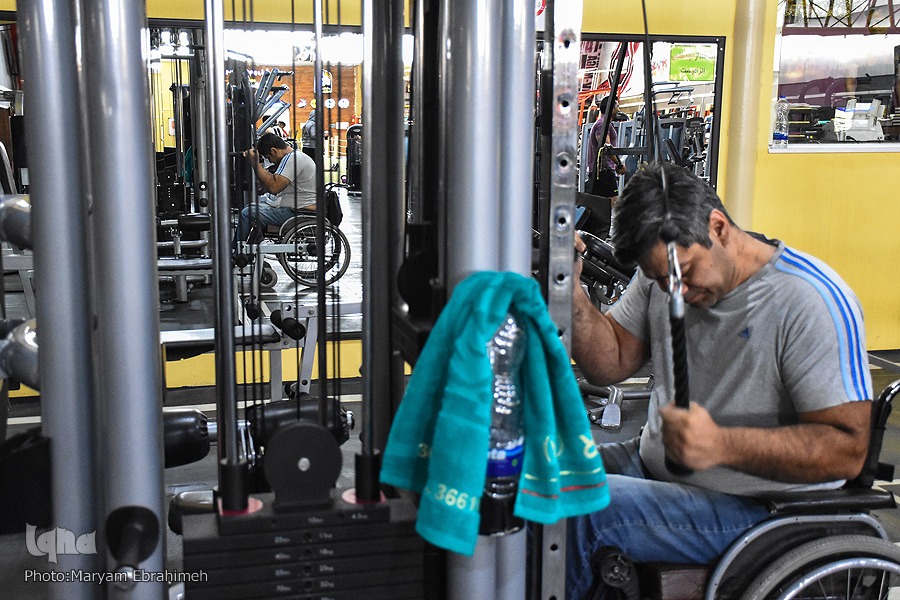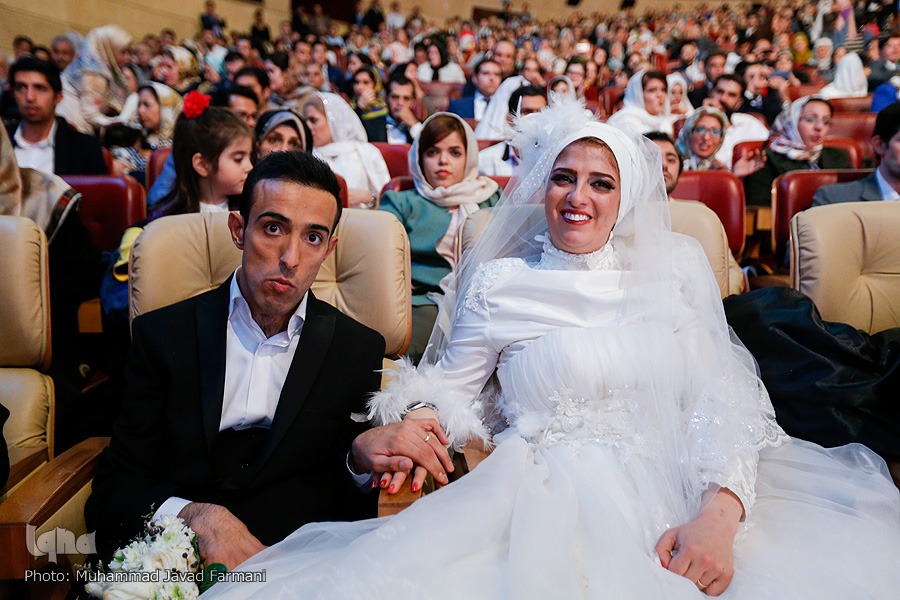How Islam Looks at People with Disability?

On the occasion of the International Day of Disabled Persons on December 3, in this article we are going to take a glance at how Muslims are recommended to treat persons with disabilities and in general disadvantaged people according to teachings of the Holy Quran.
A look at the history of the West shows how neglectful they were towards people with special needs which even resulted in killing disabled babies in some old European societies.
People suffering from disabilities were believed to be possessed by evil spirits. They were discriminated, murdered, and even experimented on.
Even philosophers and scholars held such ideas. World renowned philosopher Plato wished to rid the population of people with disabilities because he thought that they did not have a quality of life associated with human dignity.
“In the 19th century, supporters of social Darwinism opposed state aid to the poor and otherwise handicapped. They reasoned that the preservation of the “unfit” would impede the process of natural selection and tamper the selection of the “best” or “fittest” elements necessary for progeny” (Munyi, “Past and Present Perceptions Towards Disability: A Historical Perspective.”)

Disability from Islamic point of view
Since the beginning of Islam at the start of the 7th century CE, the followers were advised by Quran to recognize the plight of the disadvantaged and to improve their condition and status.
Islam has always emphasized on the need for caring for people with special needs. Prophet Mohammad (PBUH), the educator and teacher, has always been merciful toward this type of people as well.
Quran teaches us that, human beings are created different and it is the beauty of Allah’s creation.
"And among His signs is the creation of the heavens and the earth and the difference of your tongues and colors. Surely in this there are signs for the persons having knowledge" [30:22].
For Allah humans are all equal and the only thing that makes one better than the other is the individual’s consciousness of Allah and piety.
"O mankind, we have created you from a male and a female, and made you into races and tribes, so that you may identify one another. Surely the noblest of you, in Allah’s sight, is the one who is most pious of you. Surely Allah is All-Knowing, All-Aware." [49:13].
Despite superstitions prevalent in ancient history, from Islam’s view disability is not a punishment, it is a test. And, in order to develop and maintain taqwa and fear of God, Allah continuously tests us.
"… For each of you We have made a law and a method. Had Allah willed, He would have made a single community of people, but (He did not), so that He may test you in what He has given to you. Strive, then, to excel each other in good deeds. To Allah is the return for all of you. Then Allah shall tell you about that in which you disputed." [5:48]
People will be tested in different ways. Some people could be tested with their wealth, some other by unpleasant or painful experiences, and others by their health – such as having a disability.

In Islam disability is a natural part of being a human; it’s neither a blessing nor a punishment. It believes that people with disabilities are strong enough to empower themselves, meanwhile, encourages other Muslims to be emphatic and caring with them and aid them whenever they need help.
In Islam’s view, disabled people deserve to be treated with respect and enjoy social justice.
They have to be provided with basic amenities and needs such as food and clothes and offered appropriate treatment and rehabilitation.
People with disabilities must be treated as a full member of the family, receive proper education, and even be able to marry obviously while considering their abilities.
Empowering people with disabilities
According to the United Nations estimates today, the world population is over 7 billion people and more than one billion people, or approximately 15 percent of the world's population, live with some form of disability; 80 percent live in developing countries.
The observance of the International Day of Disabled Persons was proclaimed in 1992 by United Nations.
The main purpose of this day is to promote the rights and well-being of persons with disabilities in all spheres of society and development, and to increase awareness of the situation of persons with disabilities in every aspect of political, social, economic and cultural life.

In Iran, in addition to the people with developmental disabilities, or those who have developed some kind of disabilities due to diseases or in accidents, there are disabled war veterans, all of whom need special care and attention.
Needless to say, a disabled person should be able to commute between home, work and other destinations with ease. Buildings and facilities should be built or modified so that they can be used by people of all abilities.
A disables-accessible city is one of the first steps taken for inclusion of the people with disabilities in the societies, which is also in line with Islamic values and teachings.
 Most Commented
Most Commented 


